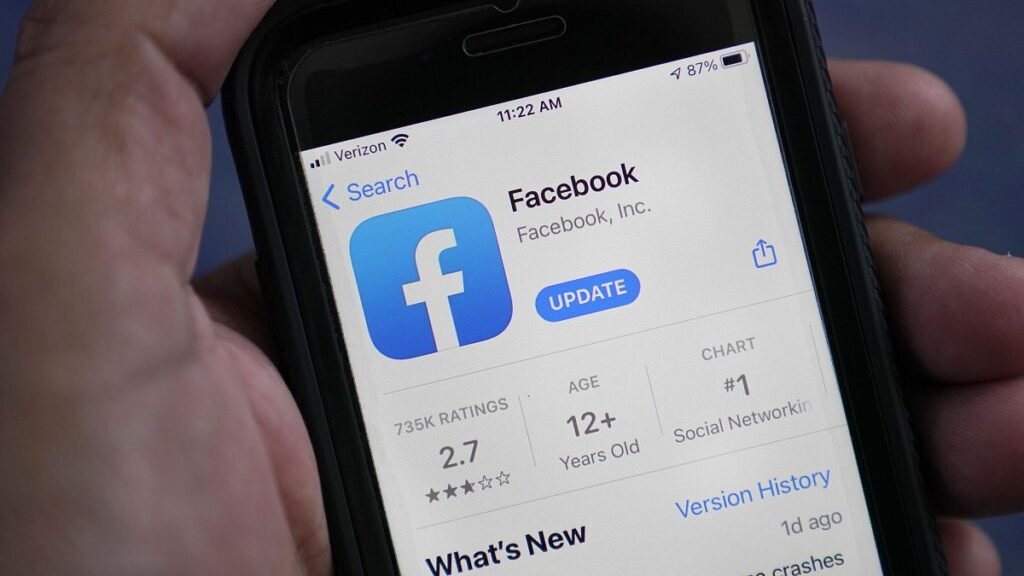The claims come after privacy groups and data protection authorities have raised similar concerns in recent months.
Today (February 29), European consumer groups from eight countries filed a lawsuit against Meta, accusing the US social media giant of illegally collecting user data through a subscription model that allows the platform to be used ad-free. We have filed a complaint with our national data protection authority.
These groups form part of the pan-European consumer association BEUC’s network of Czech Republic, Denmark, Greece, France, Norway, Slovakia, Slovenia and Spain, and Meta’s subscription model is based on the EU’s General Data Protection. It claims that it does not respect the principles under the Regulation (GDPR). The tech giants have no valid legal basis to justify collecting data from Facebook and Instagram users.
Meta introduced the model in October, saying the EU’s upcoming competition rules for online platforms, the Digital Markets Act, require it to offer consumers in the region an alternative way to use Facebook and Instagram. did.
If you choose to subscribe, you will not see any ads and Meta will not process your information for personalized ads. The ad-free service costs €9.99 per month for web users and €12.99 per month for iOS or Android app users.
“We introduced this option, called ‘ad-free subscription’, as a consent solution to comply with a unique combination of related and sometimes overlapping EU regulatory obligations with different compliance deadlines. ” states the blog post.
BEUC Deputy Director-General Ursula Pakul said in a statement today: “Surveillance-based business models raise all sorts of problems under the GDPR, and the data protection authorities have identified Meta’s unfair data processing and people’s fundamental needs. The time has come to stop this violation of rights.”
opinion
The consumer groups’ claims come after privacy groups and data protection authorities have raised similar concerns in recent months.
In January, data protection authorities in the Netherlands, Norway and Hamburg asked the European Data Protection Board (the body that includes all the EU’s national data protection supervisory authorities) for an opinion on the tech giants’ behavioral advertising model. The EDPB must issue an opinion within eight weeks, by the end of March, but could be extended for another six weeks.
Austrian privacy group NOYB warned that if the metamodel is justified, companies across all industries could follow suit.
BEUC filed a complaint with consumer protection authorities in November about similar practices.

